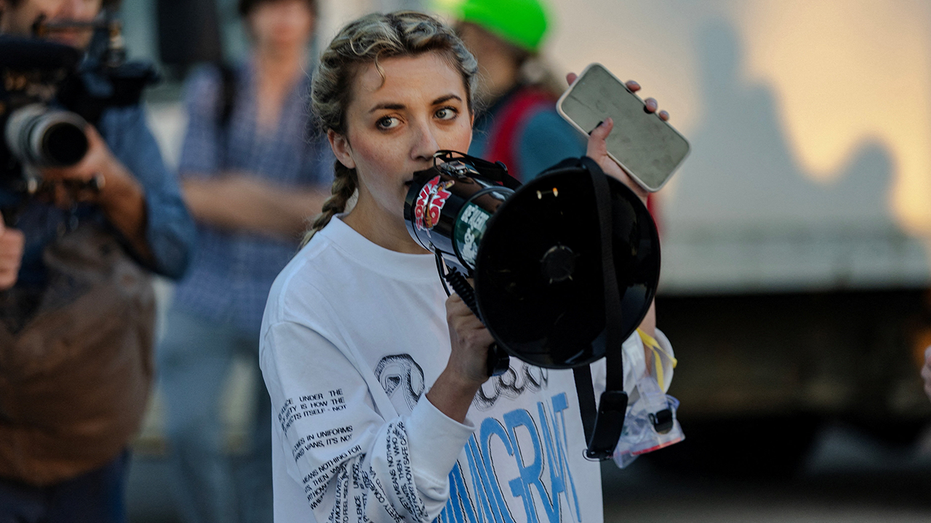A woman who recently moved to the United States from Brazil ignited a fierce debate with a stark observation about the growing role of government assistance. Her commentary, delivered through a widely shared video, cuts to the heart of a troubling trend – the potential for dependency and its impact on civic responsibility.
She began by questioning a paradoxical situation: the prevalence of individuals seemingly disengaged from productive roles. “Workers who don’t work, students who don’t study, educators who don’t educate, and politicians who cannot lead,” she stated, “so they buy votes instead.” This, she argues, is a calculated strategy, not a genuine attempt at progress.
The core of her argument lies in the insidious nature of creating dependence. She powerfully asserts that compassion is being deliberately twisted into a tool for control. What appears as assistance, she contends, is actually a method of manipulation, fostering a cycle of reliance rather than empowerment.

Her perspective is deeply informed by her experiences in Brazil, where she witnessed firsthand the consequences of widespread government benefits. She revealed that in her home country, nearly half the population receives some form of government aid – a figure that deeply concerns her, knowing how easily votes can be secured through financial incentives.
This observation led her to a controversial, yet compelling, conclusion: should individuals reliant on government assistance even be allowed to vote? She challenges the notion of free will when livelihoods are directly tied to political outcomes, suggesting that their choices are inherently compromised.
She highlights a critical shift in the purpose of welfare, originally intended as a temporary safety net. It has, she believes, morphed into a lifestyle, and more disturbingly, a calculated political tactic. This isn’t generosity, she insists, but a subtle form of domination disguised as kindness.
The woman’s commentary isn’t simply a critique of social programs; it’s a warning about the erosion of self-reliance and the potential for a government to exploit vulnerability for political gain. It’s a perspective born from observing a pattern she knows all too well, and now fears is taking root in her new home.





